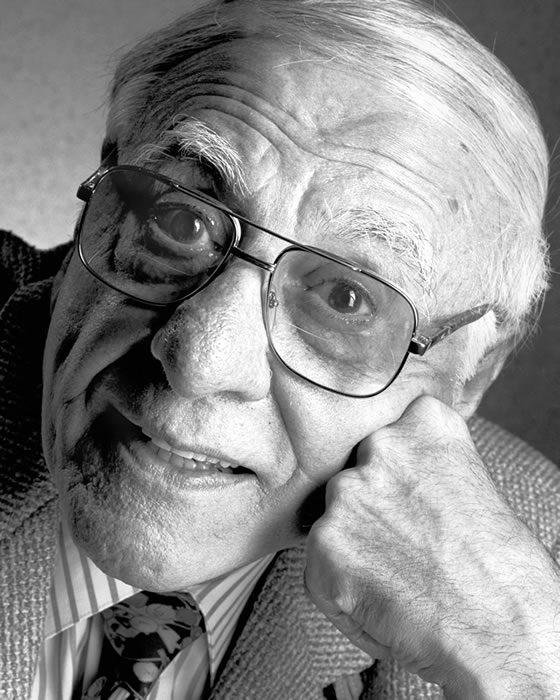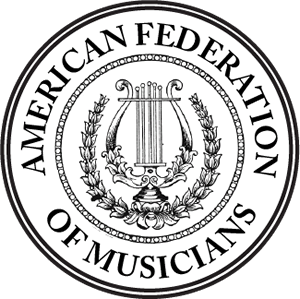Johnny Barbalinardo Lombardi
December 4, 1915 – March 18, 2002
JOHNNY BARBALINARDO LOMBARDI was born December 4, l9l5, in a tenement house situated on the street called Trinity Square, a street still standing behind the Eaton Centre in the heart of downtown Toronto. Johnny studied music as a child. He taught himself to play the harmonica, the bugle and the trumpet, winning several gold medals. Between the age of nine and ten Johnny set up a mobile shoeshine stand, very near the now non-existent SHEA’s Theatre in downtown Toronto. When there were no shoes to shine, he would love to saunter over to the theatre and, hopefully, as only a child can hope, catch a glimpse of the performers appearing on stage at the time. If he was really lucky, and he often was, he even got a chance to see the acts in their entirety … when a kind soul chose to give a kid a break. It was during the hungry 1930s that Johnny, at age 10, decided to study music through the charitable and good graces of the Boys “K” Club and Columbus Boys Club, which were service clubs for underprivileged kids. “Ninety percent of the membership in the clubs was ethnic … come to think of it, the ethnics must have had a monopoly on non-privilege,” says Johnny, who is forever grateful to these clubs who gave a kid from the Ward a break. His musical studies paid off and he joined the Club’s Bugle and Harmonica Bands, later forming a boys’ club orchestra playing for coffee and sandwiches. He was also busy that year from sundown Friday night to sundown Saturday, lighting gas lights, burners and stoves for the orthodox Jewish families living in his neighbourhood and beyond, for which he would very often receive a piece of homemade honeycake as a reward. At age twelve Johnny’s first after-school job was as a folder and addresser for the then Italian weekly “La Tribuna Italo-Canadese,” where he earned $2.00 per week for his efforts. He felt he could do more and graduated shortly thereafter to the position of back-page editor, writing his own column entitled “The Snipper-Snooper,” a la Walter Winchell. When famous dance bands, led by Frank Busseri, Romanelli and others, did not invite Johnny to join them because he was too young, the musically-drawn Johnny, at age l4, formed his own band. For five years he led eight “star” musicians with a repertoire of twenty songs, the original top 20 format. The band played all the hot spots in town (sometimes known as “buckets of blood”) — parish halls, above pool rooms, small clubs, frontroom house parties, warehouses, garages — anywhere you could dance, anytime, to the top 20 tunes. Whenever Johnny got to the boxoffice before the impresario at big dances, he would be paid cash. Otherwise, he’d end up being paid in coffee and sandwiches.






